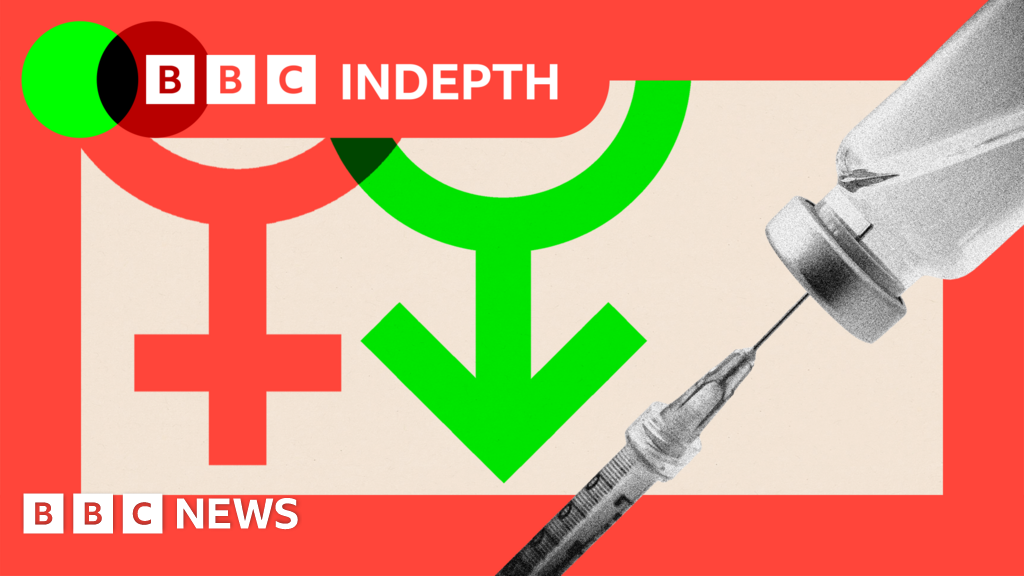It is among the most delicate and controversial challenges in modern medicine – how to determine whether the benefits of puberty blockers (or drugs that delay puberty) outweigh the potential harms. This question came to the fore in June 2023 when NHS England proposed that in the future, these drugs would only be prescribed to children questioning their gender as part of clinical research. Since then, a new government has arrived in Westminster and Health Secretary Wes Streeting has said he is committed to “setting up a clinical trial” to establish the evidence on puberty blockers. The National Institute for Health and Care Research is expected to confirm soon that funding is in place for a trial.
The dilemma that remains is how will such a trial work? Eighteen months since the announcement, there is still a lack of consensus around how the trial should be conducted. It will also need to be approved by a committee of experts who have to decide, among other things, whether what’s being tested might cause undue physical or psychological harm.
But there is a second unanswered question that some, but by no means all, scientists have that is more pressing than the first: is it right to perform this particular trial on children and young people at all?
A rapid rise in referrals
When the Gender and Identity Development Service (GIDS) was established at London’s Tavistock Clinic in 1989, it was the only NHS specialist gender clinic for children in England, and those referred there were typically offered psychological and social support. Over the last 10 years, however, there has been a rapid increase in referrals – with the greatest increase being for people registered female at birth. In a separate development, around the same time the approach of typically offering psychological and social support moved to one of onward referrals to services that prescribed hormone drugs, such as puberty blockers.
Known scientifically as gonadotropin-releasing hormone (GnRH) analogues, puberty blockers work on the brain to stop the rise in sex hormones – oestrogen and testosterone – that accompany puberty. For years, they were prescribed to young patients with gender dysphoria (those who feel their gender identity is different from their biological sex). But in March 2024, NHS England stopped the routine prescribing of puberty blockers to under 18s, as part of an overhaul of children’s gender identity services.
NHS England said in a policy statement: “There is not enough evidence to support the safety or clinical effectiveness of PSH [puberty suppressing hormones] to make the treatment routinely available at this time.” The ban was later tightened to apply to private clinics as well.
A review of gender identity services for children and young people, led by Dr Hilary Cass, a past president of the Royal College of Paediatrics and Child Health, published its final report in April 2024, which called out the “field of gender care” for not taking a cautious and careful approach.
She also reported that the change in practice at GIDS away from one primarily relying on psychological and social support was largely based on a single study that looked at the effect of medical interventions such as puberty blockers on a very narrowly defined group of children and there was a lack of follow-up in the longer term.
Other countries are re-examining puberty blockers too. Scotland paused the use of them while Finland, Sweden, France, Norway, and Denmark have all re-evaluated their positions on medica…
Source link




